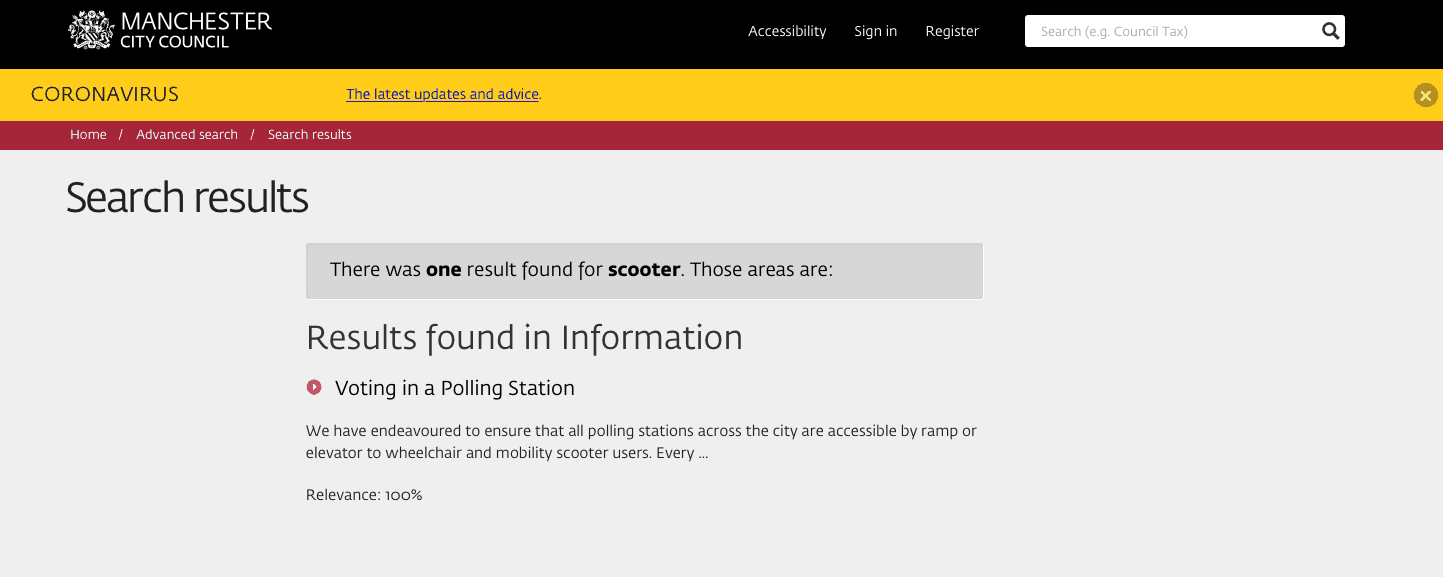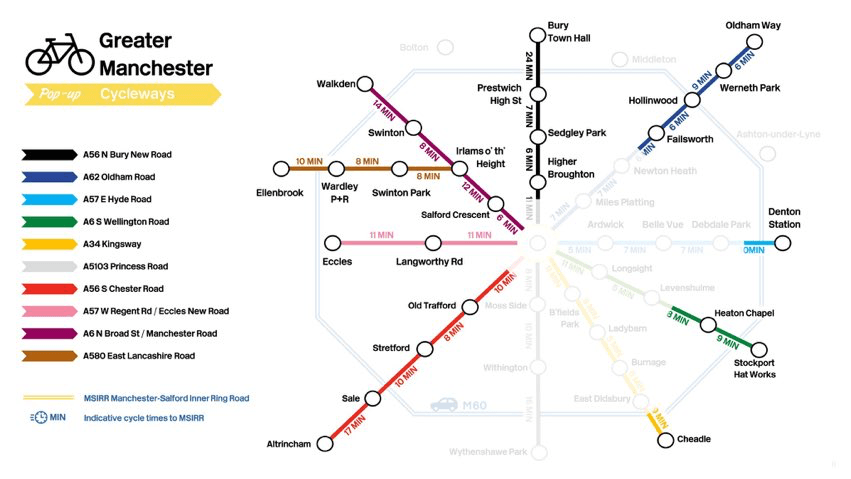Where are Manchester’s e-scooters?
I’ve liked electric scooters for a long time. I’ve used them in a couple of countries to great success, and I’ve advocated for their introduction in the UK more than once. In our current climate, such a socially-distanced, environmentally-friendly way of getting around should be welcomed.
The Government clearly agrees. They have indicated that trials of e-scooter services should be operational “as soon as possible”, with most schemes expected to start before the end of August. Whilst there are still issues with this trial legislation - I would have preferred to see the ban on ownership relaxed alongside the ban on renting - on the whole I think these trials will be a great step forward for the future of personal mobility and last mile transportation.
Some regions evidently feel the same way. Milton Keynes is due to launch a scheme within days, and other politicians like Tees Valley Mayor Ben Houchen are fully on board:
Here in Teesside, Darlington and Hartlepool we are already at the forefront of clean energy and developing the technologies of the future. We already have an enviable reputation when it comes to offshore wind and, with the groundbreaking Net Zero Teesside project, we are now delivering the world’s first industrial-scale carbon capture, utilisation and storage scheme. Bringing the UK’s first road trial of e-scooters here will add another string to our bow for our clean energy plans.
If there was ever a city that was perfect for the e-scooter, it’s Manchester. I work there, and one of the reasons I love doing so is because everything you could ask for is accessible without too much travel. It has a central business district of just over a mile wide, ample commuter pathways, and just beyond the centre there’s a significant residential population with good public transport uptake. The recent part-pedestrianisation of city throughfares like Deansgate also lends itself well to e-scooter usage.
In short, Manchester city centre seems like the perfect testbed for a socially-distanced, environmentally-friendly transportation trial, especially one with Government rollout support. Any council in their right mind would surely support it, or at least take some steps to discuss feasibility. Right?
Seen as they haven’t uttered a word on the matter, it appears Manchester City Council would disagree. As far as I can tell, there have been no public statements on e-scooter trials, and searching for the phrase “scooter” on their website only brings up information on bringing mobility scooters to polling stations.

After the issues with the rollout of Mobike in Manchester a couple of years ago, you could perhaps forgive the reticence of council bosses to consider creating another dockless transport scheme. Indeed, it’s not like other global e-scooter rollouts have been without issue, with dodgy parking being one of the most egregious violations. However, one would argue that this is the very point of the trial scheme - to figure out what works, what doesn’t, and ultimately if a rental scheme would benefit our city in the long run.
It’s not the only transportation trial that Manchester City Council bosses have shunned. In June, the Government made £225m of funding available for emergency cycling infrastructure schemes. Whilst Greater Manchester councils made a joint bid for £21.5m of that money, Manchester City Council was conspicuously absent, citing a lack of commuter demand.
This creates a curious world where GMCA bosses are evidently convinced that there’s enough demand for dedicated infrastructure to whisk cyclists from Altrincham to Old Trafford, but Manchester City Council don’t think they’ll actually want to then commute into the city centre. It’s the same story from Bury, where I could happily cycle from my home in Ramsbottom to Higher Broughton on the proposed new infrastructure, but I’d be back on the main roads beyond that point.
It looks even more bizarre when you see the map of Greater Manchester’s proposed pop-up cycleways, because every route to the centre ends outside the centre because of Manchester City Council’s refusal to apply for the funding.

Normally, decisions of this kind would go in front of a given Council’s scrutiny committee so that the rationale behind the decision can be heard by residents, especially when millions of pounds of cash is being left on the table. However, such no public scrutiny meeting will take place, with the executive member responsible instead deciding to post a thread on Twitter. The MEN reported in June that the issue will be debated at a meeting betwen the executive member and ward councillors, with no indication if the outcome will ever be made public.
Such lack of democratic engagement appears to have become increasingly normalised at Manchester Town Hall, where Manchester City Council has been using its COVID-19 emergency powers to push through planning decisions previously rejected by planning committees:
Unease over democratic lockdown in Manchester council
From pop up bike infrastructure to new last-mile transportation options, our fledgling steps out of lockdown provide a great opportunity to bring genuinely transformation transport change to towns and cities across the country. Forward-thinking councils should seize the opportunity to start their e-scooter trials and usher in a new era of green personal transportation and watch their economies and their residents reap the rewards. I hope, dearly, that Manchester City Council steps up to the challenge.